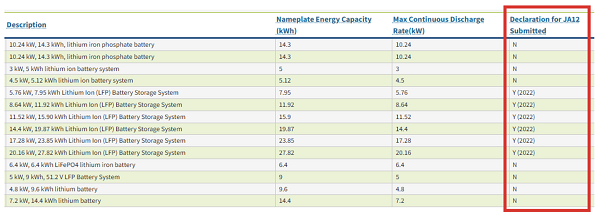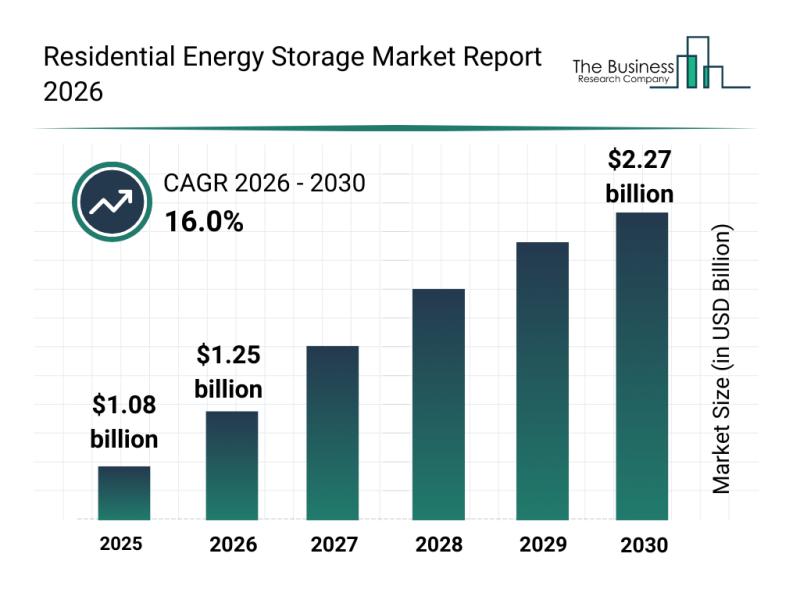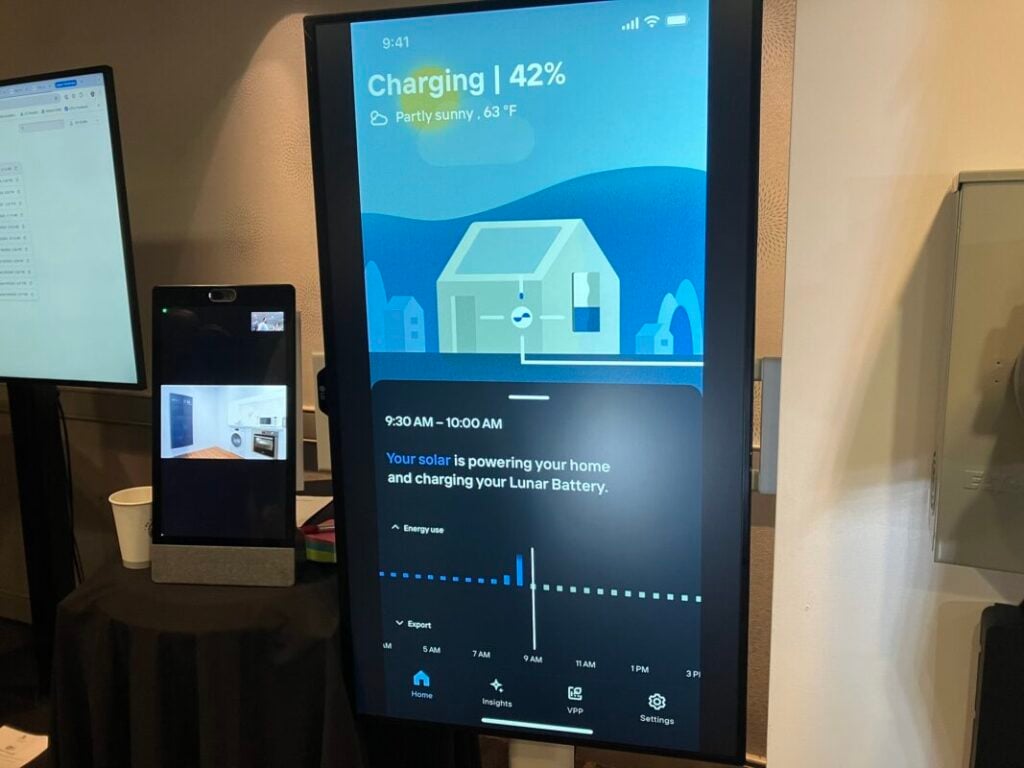Embracing the New Era: How Pytes Empowers Compliance Opportunities Under California's Title 24 / JA12 Regulations
In the 2025 edition of the California Energy Code — Title 24 Part 6, major updates reshape the compliance path for Battery Energy Storage Systems (BESS) in both residential and commercial buildings. Leveraging its own factory, stable supply chain, and high-quality products, Pytes helps partners capture this critical market opportunity.
1. Background
The 2025 update to California’s Building Energy Efficiency Standards (Title 24, Part 6) mandates that all new commercial buildings — including offices, schools, high-rise apartments, and grocery stores — must install a Battery Energy Storage System (BESS). For new single-family homes and low-rise multifamily buildings, installing BESS remains optional, but if included, it qualifies for “self-utilization” compliance credits. These credits can offset other energy efficiency requirements, such as those related to building envelopes, HVAC systems, lighting, and insulation. Additionally, the new code introduces a requirement that residential BESS must automatically switch back to cycling mode every 72 hours by default. While homeowners can temporarily enable backup mode (e.g., for storm preparation), the system must automatically resume self-consumption cycling within 72 hours.
2. Key Compliance Mechanism: JA12 Control Strategies
To earn these compliance credits, installed BESS must comply with one of the control strategies defined in JA12.3.3.2, ensuring systems operate daily, maximize PV self-consumption, and coordinate with the grid. The strategies include:
(1) Basic Control (JA12.3.3.2.1):BESS charges only when PV generation exceeds the site load and must discharge before drawing from the grid when PV output is insufficient.
(2) Time-of-Use (TOU) Control (JA12.3.3.2.2):The system must discharge during high-cost periods and support TOU scheduling across at least three seasons (spring, summer, and winter).
(3) Advanced Demand Flexibility Control (JA12.3.3.2.3) :Building upon Basic or TOU Control, this strategy requires the BESS to respond to signals from utilities or aggregators to adjust charge/discharge times dynamically.
(4) Separate BESS Control (JA12.3.3.2.4):For sites without PV (e.g., community solar setups), the BESS must either charge during off-peak hours and discharge during peak hours, or respond to demand response signals.
(5) Alternative Control (JA12.3.3.2.5):Alternative strategies approved by the California Energy Commission (CEC) Executive Director are allowed if they can demonstrate equivalent benefits in PV self-consumption, rate response, or greenhouse gas reduction.Importantly, even non-export systems can qualify for compliance under certain control strategies.
3. Why Pytes Has a Competitive Advantage
From Pytes' perspective, several core strengths position us at the forefront of Title 24 / JA12 compliance:
(1) Own Factory & Stable Supply Chain: Ensures consistent product quality and large-scale delivery capability
(2) CEC-Listed Products:Multiple Pytes battery models are already listed in the California Energy Commission's approved Battery List, confirming regulatory compliance.
(3) Comprehensive Safety Certifications:Pytes batteries have passed UL 9540A thermal runaway testing and other critical residential/grid safety standards.
(4) JA12-Compatible Design:Our systems support the 72-hour automatic cycling reset requirement and enable flexible integration with TOU and demand response control strategies.
For installers and developers, choosing Pytes means lower compliance risk, faster approval, and smoother project promotion.

4. Market Outlook & Recommendations
As the 72-hour auto-reset requirement for residential systems takes effect on January 1, 2026, more new construction projects — both single-family and low-rise multifamily — will adopt BESS as either a standard feature or top-priority option.
For builders, developers, and system integrators, this marks a strategic window to act early. We recommend:
(1) Early Planning – Integrate BESS features, control logic, and energy credit calculations in the design phase.
(2) Product Selection – Choose models listed in the CEC database and confirm support for JA12 control strategies and 72-hour cycling reset.
(3) Marketing Communication – Highlight “Compliance Credits + Safety Certifications + Brand Reliability” in customer materials to build trust.
(4) Installation Support – Leverage Pytes’ installation guidance, brand resources, and Pytes Power Partner Program to accelerate market responsiveness.
5. Conclusion
California's new energy code is transforming the storage landscape — turning BESS from an optional feature into a preferred and compliance-driven asset. With its own manufacturing, trusted brand reputation, and strong safety certifications, Pytes stands at the strategic forefront of this transition. Together with our partners, we aim to seize the market opportunities brought by Title 24 / JA12, providing builders, homeowners, and installers with safe, reliable, and fully compliant energy storage solutions.
For more information — including product materials, compliance white papers, and project support. Contact us today at pytesusa@pytesgroup.com
Let energy storage become your core competitive edge for 2026 and beyond.


